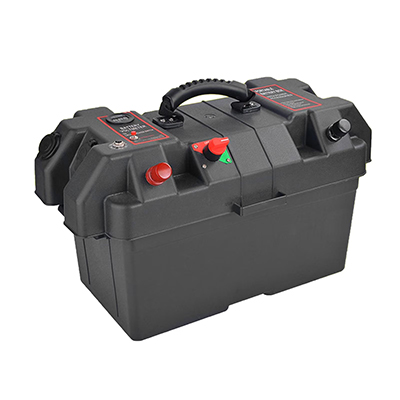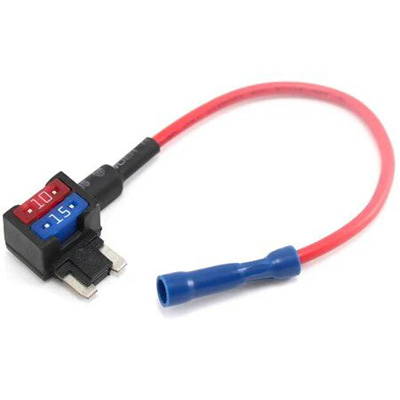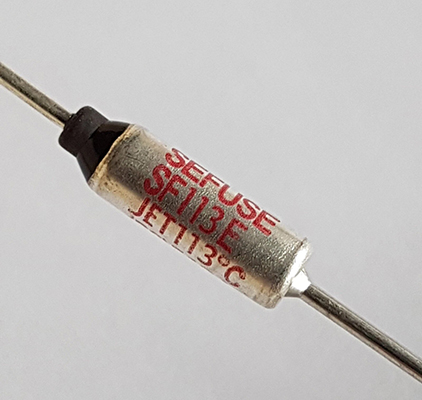Current Insights on Fuse Compatibility for Passenger Cars, SUVs, and Pickup Trucks
News 2025-10-24
Fuses play a vital role in automotive electrical systems by safeguarding circuits against overcurrent, which can cause damage or fires. In passenger cars, SUVs, and pickup trucks, fuse compatibility ensures that these components align with the specific electrical demands of each vehicle type. As automotive technology advances, factors like voltage ratings, current capacities, and environmental resilience become crucial. This discussion focuses on how current standards address compatibility to enhance safety and performance across these categories, drawing from industry best practices.
Application Scenarios
In passenger cars, fuses protect essential systems such as lighting and infotainment, where space and efficiency are key. For SUVs, which often feature all-wheel drive and larger electrical loads, compatible fuses handle increased power for features like climate control and advanced driver-assistance systems. Pickup trucks, designed for heavy-duty use, require fuses that withstand higher currents in applications such as towing equipment and auxiliary lighting, ensuring reliable operation under demanding conditions.
Performance Advantages
Compatible fuses improve system reliability by matching exact specifications, reducing failure rates in critical circuits. They enable seamless integration with modern technologies, such as hybrid powertrains in SUVs and enhanced connectivity in pickup trucks, leading to better energy efficiency and longevity. This alignment also minimizes downtime for maintenance, as technicians can use standardized components that fit perfectly, ultimately supporting safer and more durable vehicle performance.
1. What defines fuse compatibility in vehicles?
Fuse compatibility is defined by matching voltage, amperage, and physical dimensions to the vehicle’s electrical architecture, ensuring safe and effective operation.
2. How do SUVs differ in fuse requirements from passenger cars?
SUVs often need fuses with higher current ratings due to additional features like all-wheel drive, compared to the more compact systems in passenger cars.
3. Why is fuse compatibility critical for pickup truck safety?
It prevents electrical overloads in high-demand scenarios, such as towing, protecting components and reducing the risk of fires or system failures.


